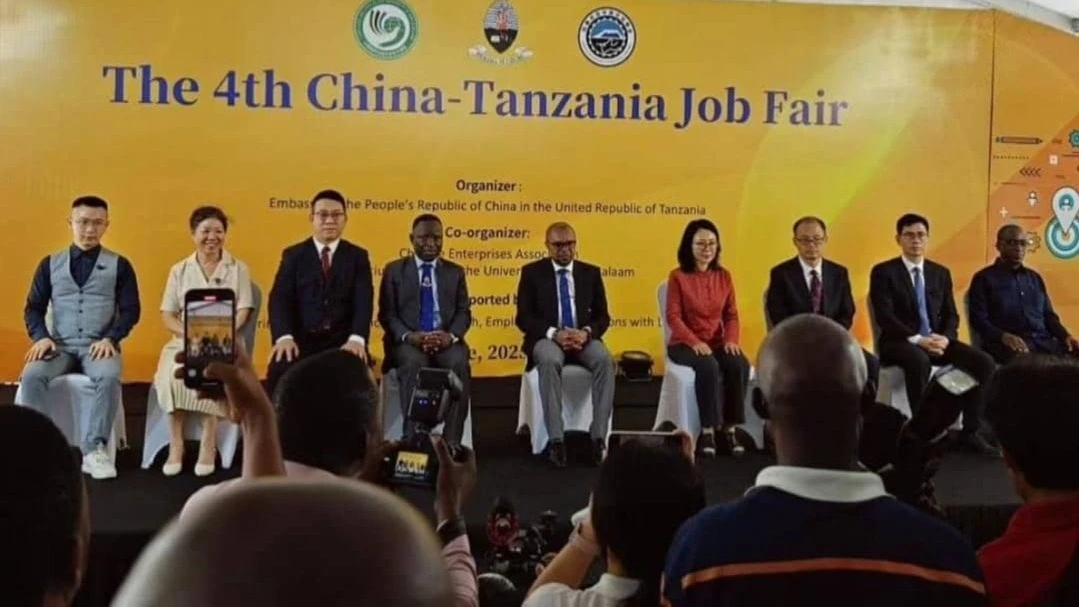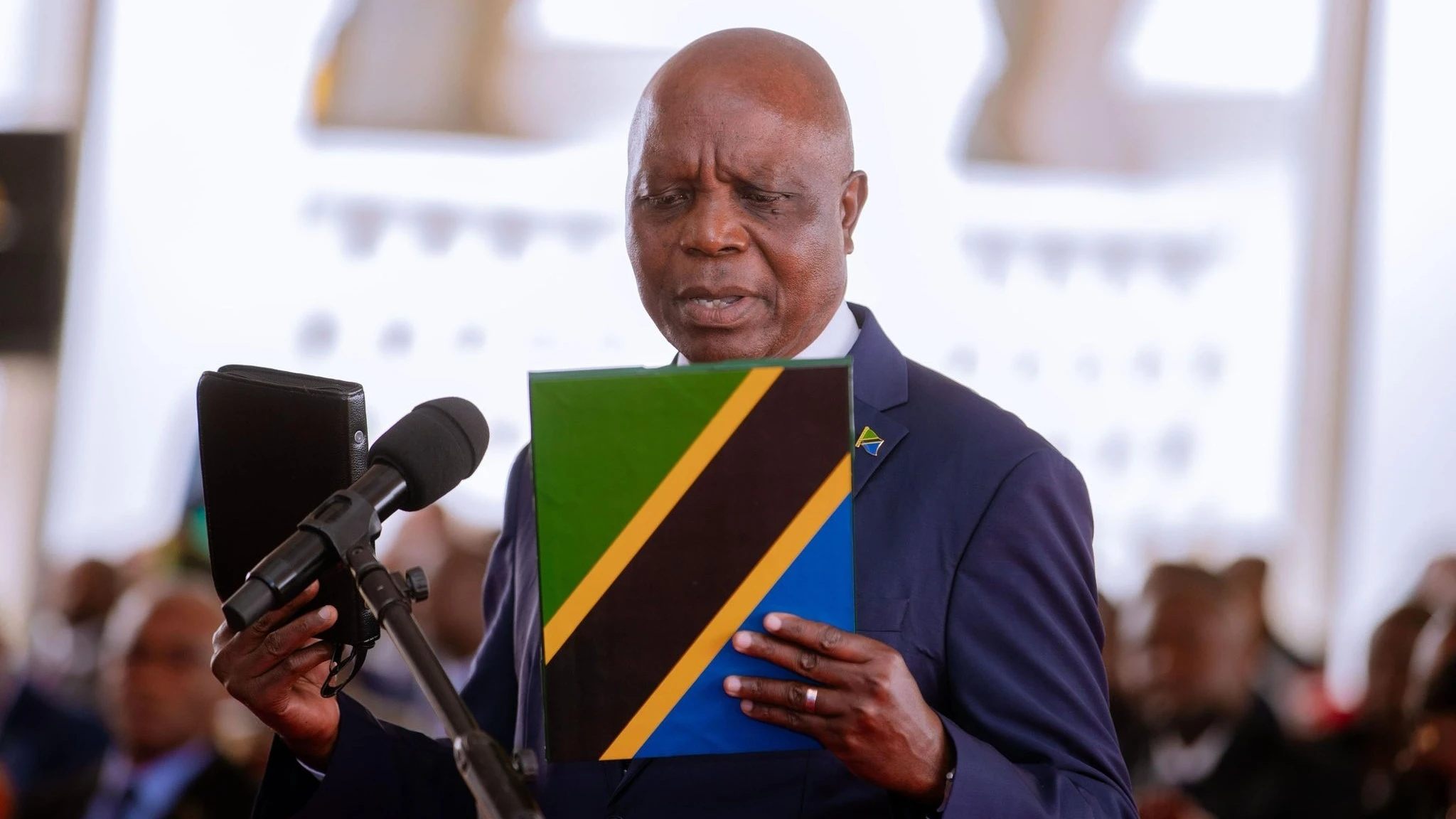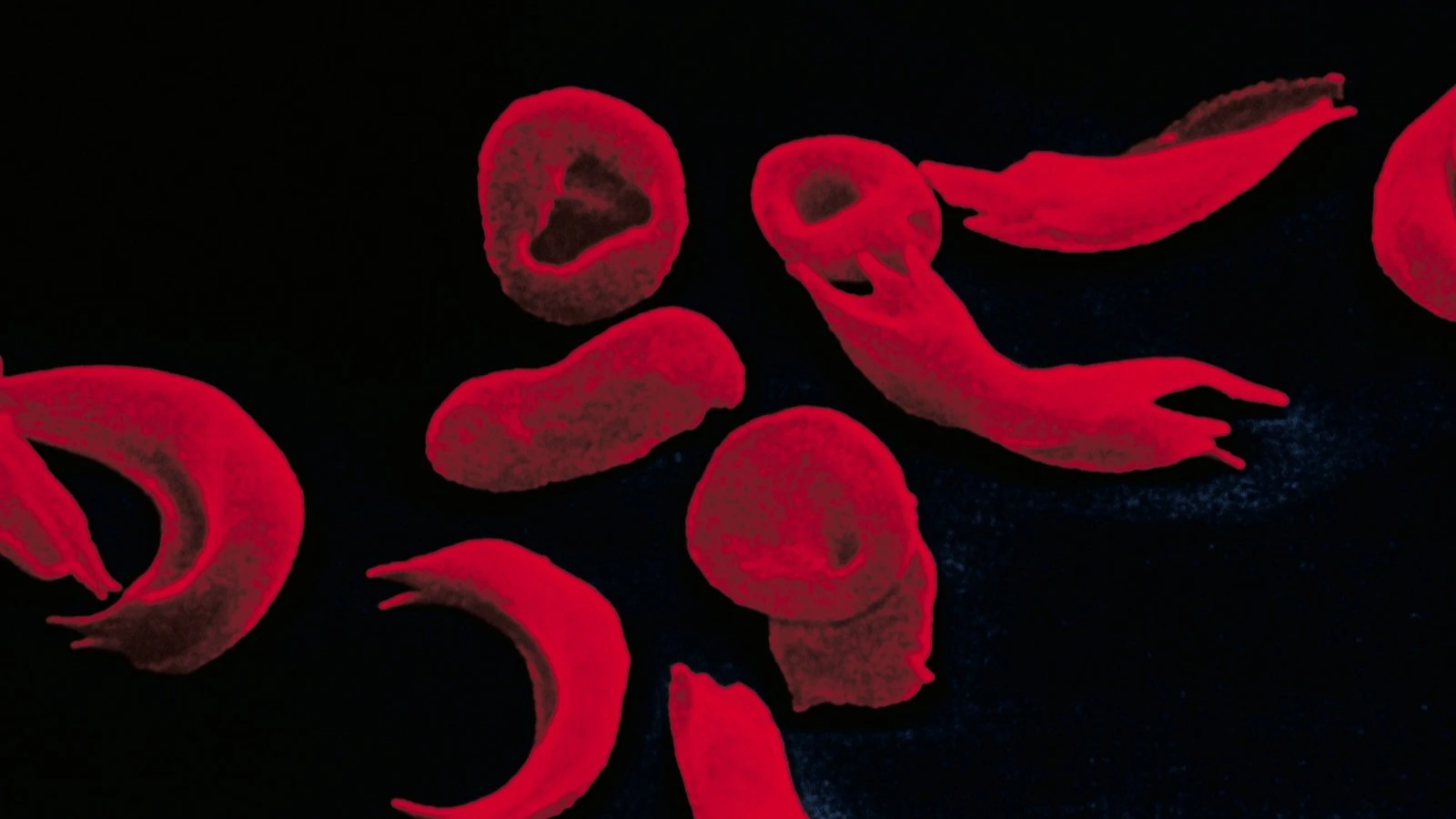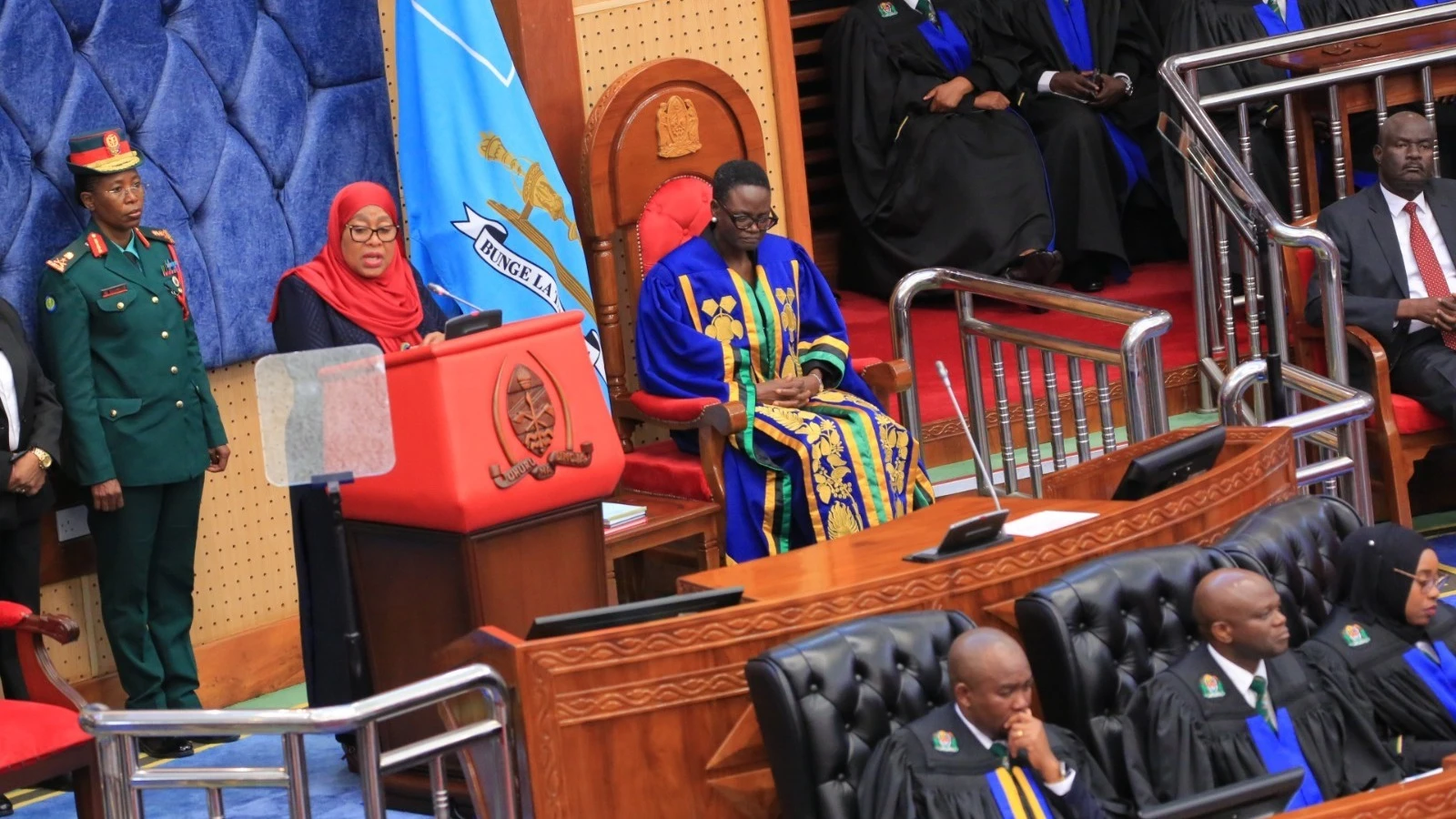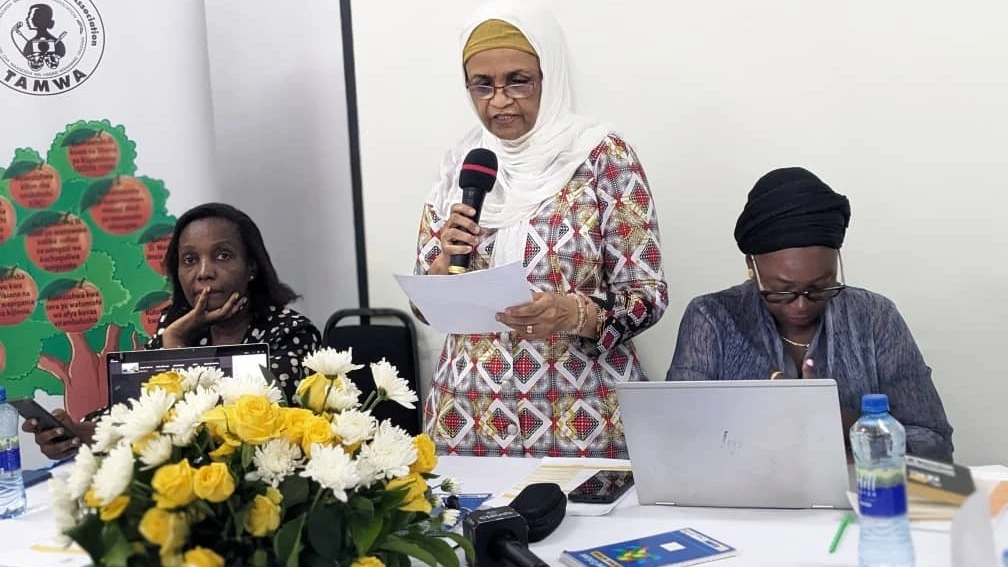India’s pharmaceutical exports to Africa plateau at record high

INDIA's pharmaceutical exports to Africa have increased steadily over the past two decades, surging from $0.75bn in 2007 to $3.93bn in 2025, a fivefold increase and counting.
Rollins John, the director for the Pharmaceuticals Export Promotion Council of India (Pharmexcil) based here made this observation on Monday when briefing visiting journalists from various countries in East and Southern Africa
The sustained upward trajectory underscores the continent’s strategic importance as a key export market for India's pharma industry, with authorities in the South Asia economic giant reaffirming the wish to heighten relations and collaborations to expand pharmaceutical outreach.
The steepest growth occurred between 2010 and 2016, driven by expanding access to affordable generic drugs and increasingly robust trade partnerships, he explained.
Although there were slight declines in 2017 and again in 2023, the overall trend has remained positive, he elaborated, noting that exports peaked at $3.92bn in 2021 during the COVID-19 pandemic, reflecting a surge in demand for essential medicines.
Since then, export levels have stabilized around the $3.9bn mark, indicating that the sector may have entered a plateau phase, he stated, asserting that during fiscal
2024–25, exports registered a slight decline of 0.42 percent, from $3.95bn in fiscal 2023/24 to $3.9bn. Despite the marginal slide, African countries still accounted for 83.2 percent of India’s total pharma exports, highlighting the region’s strategic importance, with South Africa retaining its position as India’s largest African export destination.
It recorded a 5.62 percent year-on-year drop while Nigeria and Kenya followed, posting modest growth of 5.36 percent and 3.71 percent, respectively. Some traditionally strong markets such as Tanzania, Mozambique and the Democratic Republic of Congo experienced noticeable declines. However, these were offset by significant gains in emerging markets like Angola (up 24.4 percent), Ghana (22.64 percent) and Cameroon (22.72 percent), he specified.
Dr Sumantha Chaudhary, researcher and advisor at Pharmexcil, noted that a closer look at monthly trade data from April 2025 suggests early signs of a rebound in select markets.
Total exports to Africa rose by 4.48 percent year-on-year during the month, with Zimbabwe recording an impressive 91.35 percent increase, followed by Kenya (48.2 percent) and Nigeria (45.17 percent).
Despite this growth, volatility persists, with countries like Ghana, Mozambique and Cameroon posting significantly lower export figures compared to April 2024, indicating an uneven demand recovery.
Several leading markets that recorded substantial declines in last year include South Africa which was down $40.35 million. Tanzania down $62.22 million, Mozambique down $37.26 million and Uganda down $21.08 million.
Conversely, notable gains were seen in emerging or smaller markets: Malawi $8.02m, Lesotho up by $2.80m, Namibia, up $3.40m, Kenya up by $15.76m and Zimbabwe up by $2.54m, he said.
“While India’s stronghold in Africa’s pharmaceutical landscape remains firm, future growth may hinge on overcoming several challenges. These include regulatory harmonization across African markets, currency fluctuation risks and broader geopolitical stability,” the director affirmed.
India was committed to deepening trade ties and expanding pharmaceutical collaboration across Africa, with strategic partnerships, technology transfers and joint ventures with African countries seen as central to India’s long-term vision for inclusive healthcare access and regional development.
African governments need to help ease trade-related barriers by supporting harmonization of pharmaceutical regulations between countries and addressing the high distribution and logistics costs that often hinder market access and affordability, he urged.
Stronger cooperation at policy and institutional levels would benefit both African healthcare systems and Indian suppliers aiming for sustainable, inclusive growth, he added.
Top Headlines
© 2025 IPPMEDIA.COM. ALL RIGHTS RESERVED








